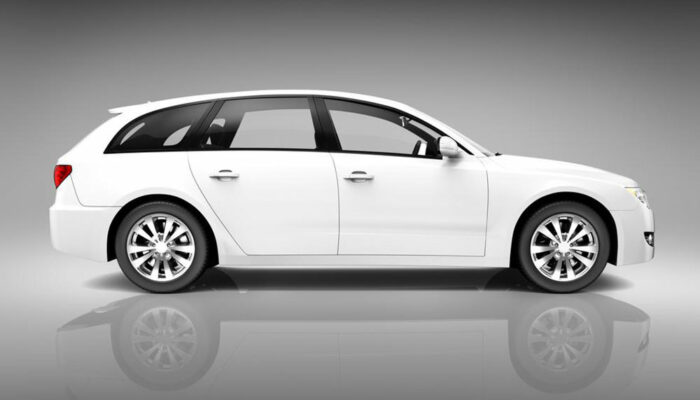How to get your car insured in Florida
Florida ranks fourth in the United States, and it is considered as one of the most expensive states to insure a vehicle. So getting car insurance in the state can be an expensive affair, especially when you’re moving there from a state where the rates are much lower and the regulations less stringent.

What makes Florida more costly than the majority of the states in the continental United States, when it comes to car insurance? Well for one, Florida has a high number of senior or elderly drivers – it is the retirement capital of the country after all! The state also has no-fault laws which obviously impact car insurance rates. But don’t dismay – there are definitely ways to get affordable car insurance quotes in Florida that won’t break the bank or make you regret owning a car. All you need is some patience and a little time to go comparison shopping for the best car insurance quotes Florida.
You will be asked the following details when you’re getting quotes on car insurance, so make sure to have the information ready: zip code, age, marital status, driving record. All the major car insurance companies, like State Farm, Geico, Allstate, Progressive, Travelers, MetLife, and Liberty Mutual, amongst others, offer car insurance in Florida. In order to make sure you are getting the best possible deal for yourself, go to all the car insurers’ websites, enter your details and get yourself a quote. You may find that there are significant differences in quotes from the different companies. Why, you ask? Well, even though they all ask you for the same information, each insurer weights them differently, so the overall costs will definitely vary. And by person. So the great deal your friend got may not work out to be the best for you. Also be aware that different cities within the state of Florida will have different rates of insurance, as will the type of neighborhood you live in.
It is always better to have more than the state mandated minimum coverage, so here’s what Florida requires as the basic coverage for drivers to insure their vehicles in the state. $10,000 in property damage liability per accident, with $10,000 in personal injury protection are required. The personal injury protection is important to note for a state with a no-fault clause, since this means that whoever is at fault in the case of an accident is irrelevant, and drivers must claim from their own insurance company for personal injury protection.





